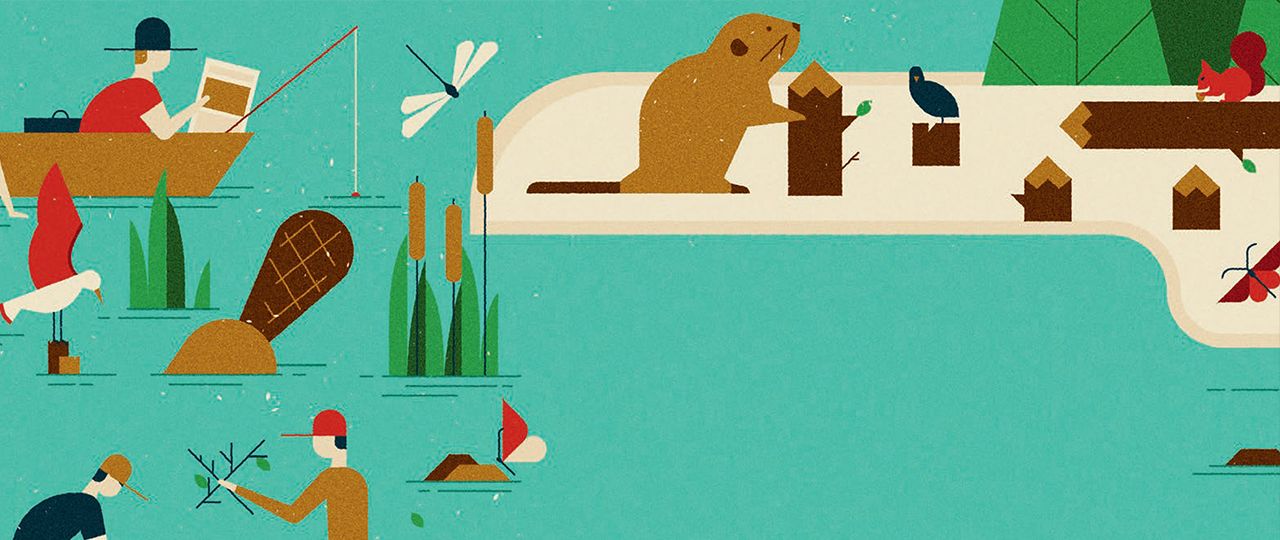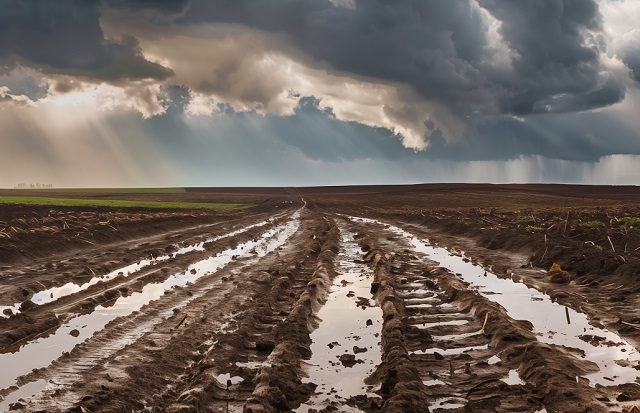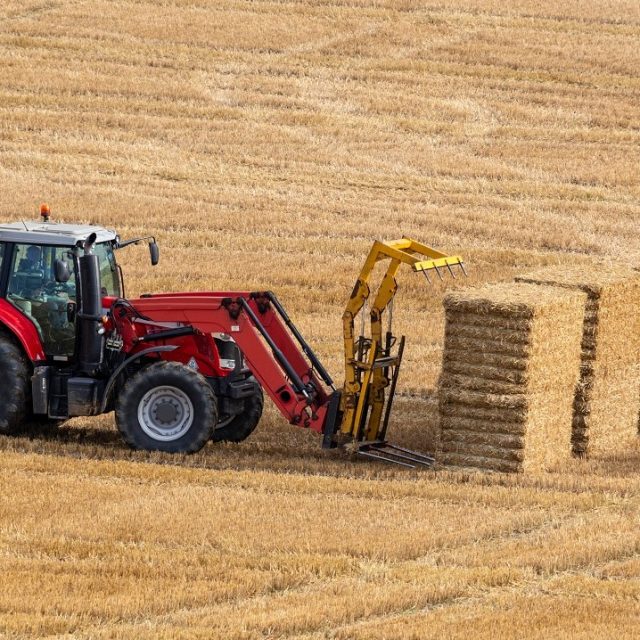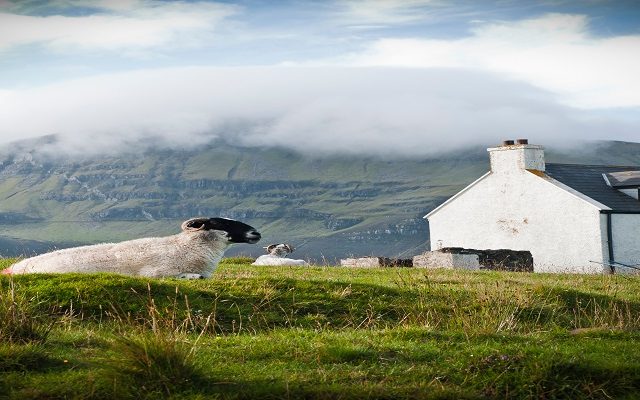Land Business | Call of the wild: Is rewilding good for the rural economy?
After the trial release of beavers in Scotland, we ask a landowner and a farmer whether rewilding is good for the rural economy
FOR
I would be thrilled to see beavers in our rivers as they would attract more visitors
As a landowner, I appreciate the concerns that have been expressed by opponents to the reintroduction of beavers in Scotland. I agree they are not appropriate in every watercourse and the lack of firm guidance from the Scottish government isn’t helpful when it comes to the areas experiencing problems with unlicensed releases.
However, I’m very much in the pro camp when it comes to this issue. European beavers are vegetarian; they do not eat fish. They do make dams and can raise the water levels in slow-moving watercourses. In the right place, this can be hugely beneficial in alleviating flooding issues.
One of the biggest problems with beavers is misinformation and people assuming they have a terrible impact without necessarily having a full grasp of the facts. There’s also an argument that we shouldn’t introduce anything into the pristine Scottish environment, or interfere with our rivers. But you only have to look at parts of the Highlands, where we have totally changed the river infrastructure already with major hydro-electricity schemes, to see this argument is flawed.
Then there’s the business element. Statistics from Knapdale, home of the Scottish beaver trial, show how tourism in the area got a real shot in the arm because people wanted to come and see the beavers, which can only be a good thing for an economy that relies heavily on visitor spend. I am in the tourism business and I would be thrilled to see beavers in our burns, rivers and lochs as they would attract more visitors.
There is increasing interest in the way land is managed in Scotland and, in my opinion, not all of it is helpful. However, I see the rewilding movement gaining momentum and it presents opportunities for landowners and communities. The beavers might be something of a vanguard for this movement. Clearly they are not going to be helpful everywhere, so we need the Scottish government to climb off the fence and help us make a plan that has a positive outcome.
Nigel Fraser, Strutt & Parker Land Management and Landowner, Guisachan Estate, Inverness-shire
AGAINST
If we can’t do anything about the beavers around here, there will be huge swathes of arable land taken out of production
I manage about 2,500 acres, mainly on the arable side, and experience a range of problems caused by an escape of beavers that happened around four miles from our land. Primarily, we’re seeing a lot of tree destruction and the blocking of ditches and burns, which leads to the blocking of drains and, in turn, flooding issues.
Currently, I’m spending hours walking up and down waterways checking there are no dams. As farmers, we don’t get paid for that. Nor do we have any way of recouping the £4,000-£5,000 a year that we spend at Strathisla clearing beaver dams out of ditches.
At the moment, there are no rules and regulations as to how we deal with this problem. The government is saying beavers are going to be protected, although you will be allowed to cull them in certain circumstances. But until it’s clear what the rules and regulations are, we don’t really know where we stand.
My biggest issue is around what happens if I do something wrong in terms of those rules and regulations. I’ll probably get a slap on the wrist if it’s minor and a fine if it’s middling. On the flip side of this are the people who had responsibility for the beavers that escaped in our area. They haven’t been fined or rapped over the knuckles. Instead, the cost implications have fallen to us.
When the draft policy does come out from the government, we’ll be looking to make sure there aren’t oodles of red tape and paperwork to stop us clearing out dams. Essentially, we are seeking practicality and reasonable methods for dealing with beavers.
In terms of the tourism benefits, I have no problem with that whatsoever. But we’re trying to produce quality food for the population and, if we can’t do anything about the beavers around here, there will be huge swathes of arable land taken out of production. The beaver has a place, in the right location. That location is not in the Strathmore Valley.
Adrian Ivory, Manager, Strathisla Farms, Perthshire
Read more
This article originally appeared in Strutt & Parker’s magazine, Land Business Autumn/Winter 2017. Read the full magazine here.






